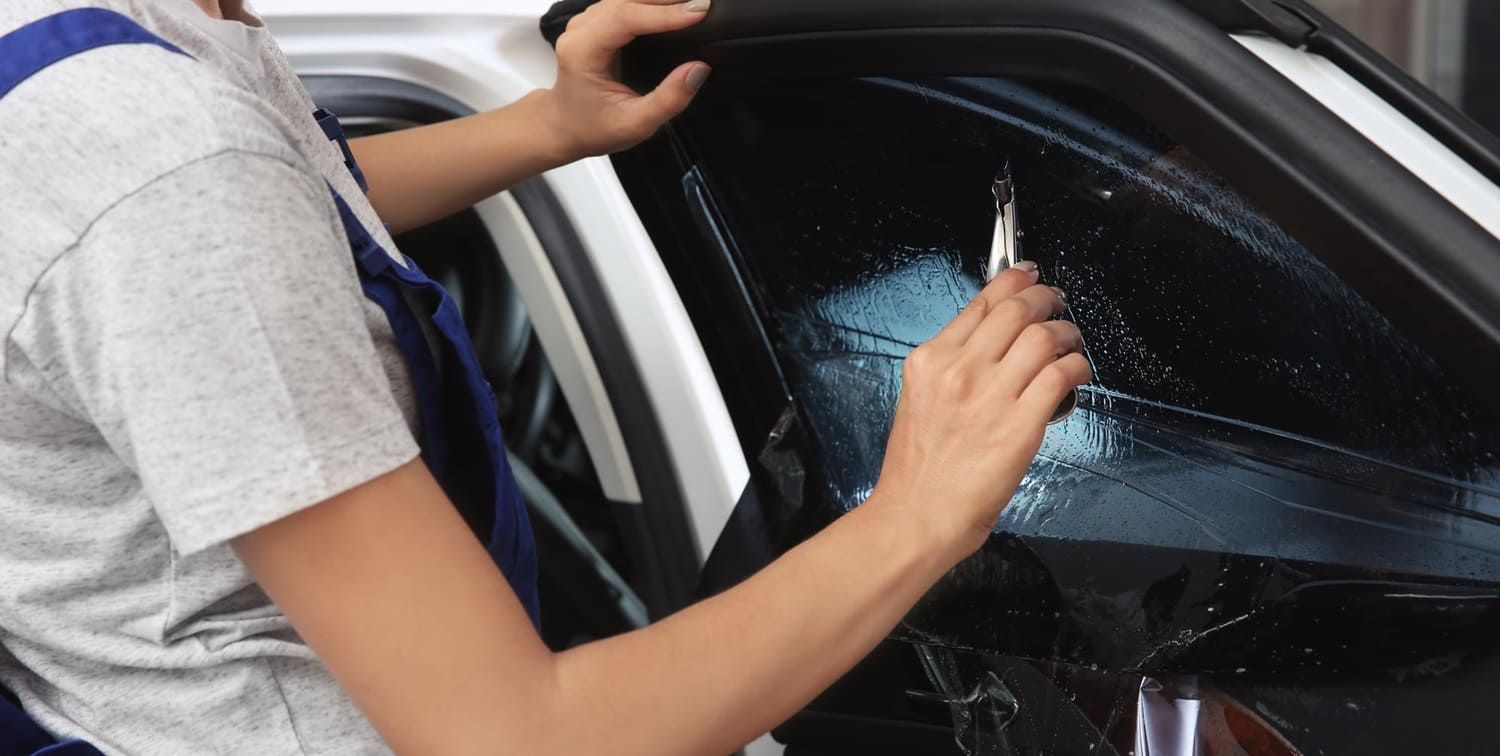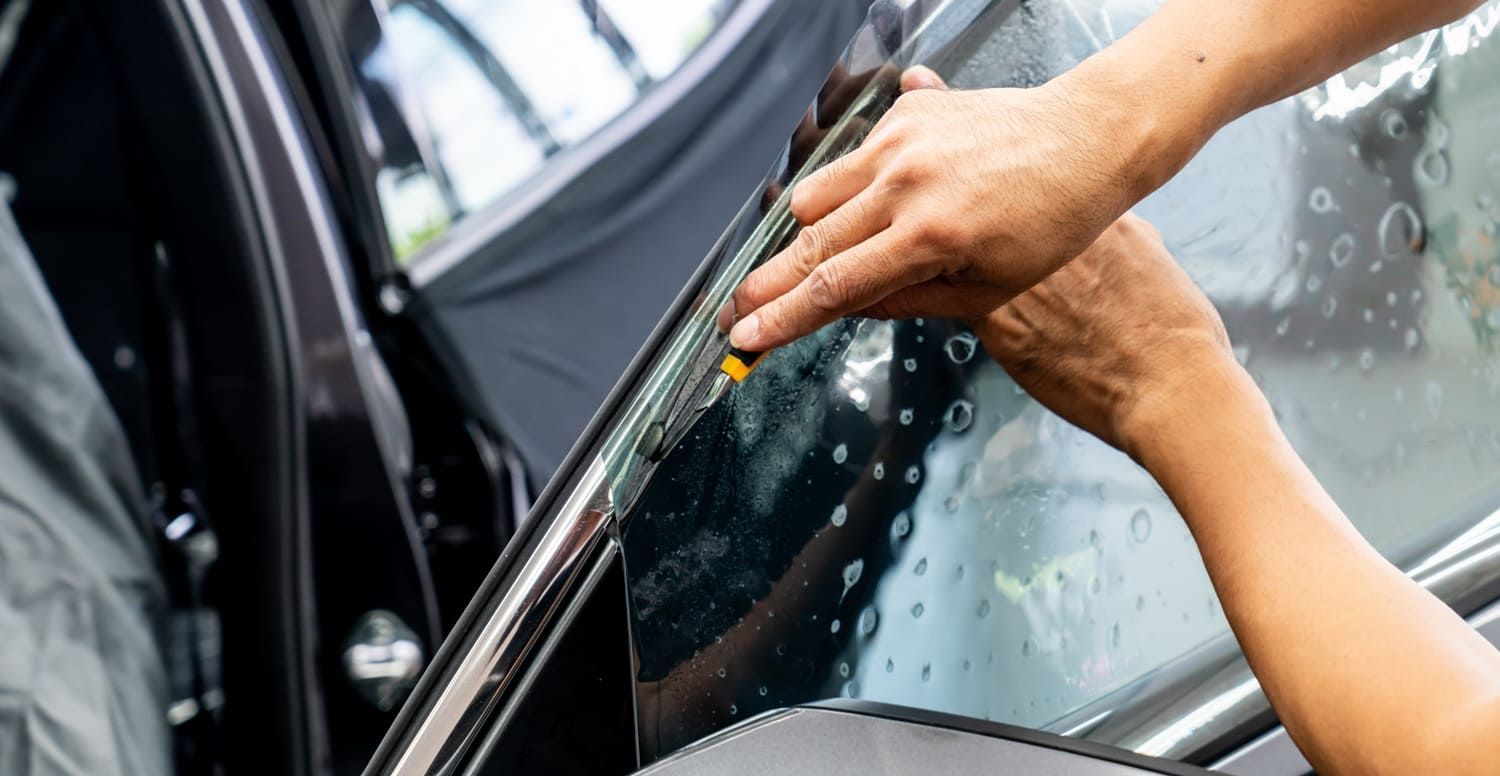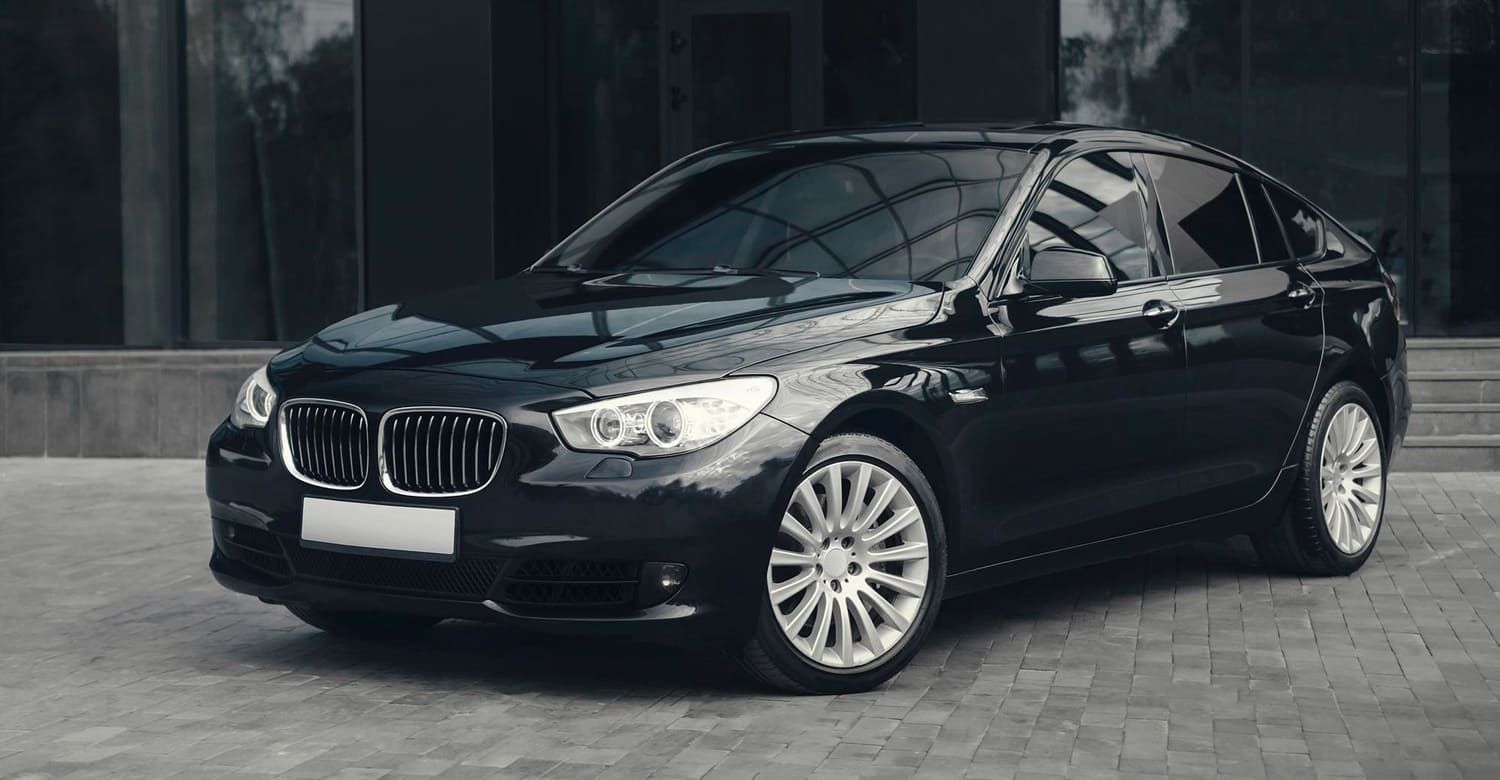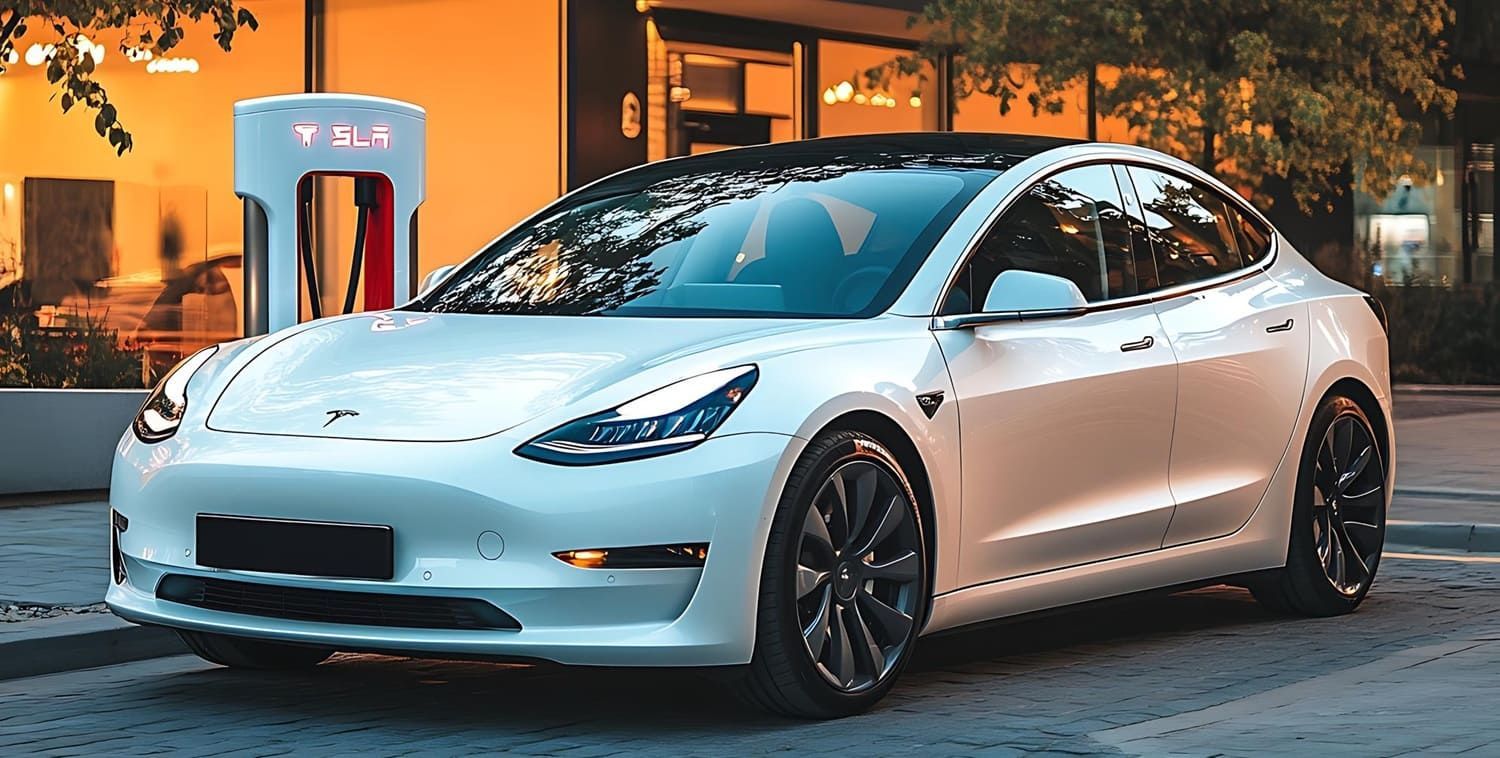Car Window Tinting: Worth the Investment?
Car window tinting is a popular modification for many vehicle owners.
It offers a range of benefits, from UV protection to enhanced privacy.
But is it worth the investment?
In this guide, we'll delve into the world of car window tinting, exploring its benefits, costs, and considerations to help you make an informed decision.

What is Car Window Tinting?
Car window tinting involves applying a thin film to the interior of your vehicle's windows.
This film is made from a variety of materials, including polyester, metal, and ceramic.
The primary purpose of window tinting is to reduce the amount of light and heat entering the car.
However, it also offers additional benefits such as UV protection, privacy, and improved aesthetics.
Understanding the process and benefits of car window tinting can help you decide if it's the right choice for your vehicle.
Types of Window Film and Their Benefits
There are several types of window film available, each with its unique benefits.
Dyed window film is the most affordable option. It's great for reducing heat and glare but less effective for UV protection.
Metalized film, on the other hand, is excellent for heat reduction and UV protection. However, it can interfere with cell phone signals and GPS.
Carbon window film offers superior heat reduction and doesn't interfere with signals.
Lastly, ceramic film is the most advanced option. It provides excellent heat and UV protection without affecting signals.
UV Protection and Sun Damage Prevention
One of the main benefits of car window tinting is UV protection.
High-quality window film can block up to 99% of harmful UV rays.
This not only protects your skin but also prevents your car's interior from fading and cracking.
In the long run, UV protection can help maintain the value of your vehicle.
Privacy and Security Enhancements
Window tinting also enhances privacy and security.
Darker tints make it harder for outsiders to see inside your car.
This can deter potential thieves and provide peace of mind.
Moreover, in the event of an accident, the film can hold shattered glass together, reducing the risk of injury.
Improved Comfort and Energy Efficiency
Window tinting can significantly improve comfort, especially during hot summer days.
By blocking heat, it keeps your car cooler, reducing the need for air conditioning.
This can lead to significant energy savings and reduce your carbon footprint.
Moreover, by reducing glare, window tinting can make driving safer and more comfortable.
Legal Considerations and State Laws
When considering car window tinting, it's crucial to be aware of the legal implications.
Different states have different laws regarding the darkness of tints.
For instance, some states allow darker tints on the rear windows but require lighter tints on the front windows.
It's essential to check your local laws before getting your windows tinted to avoid fines or the need for re-tinting.
- California: Front windows must allow more than 70% of light in.
- Texas: Front windows must allow more than 25% of light in.
- New York: Front windows must allow more than 70% of light in.
- Florida: Front windows must allow more than 28% of light in.
- Illinois: Front windows must allow more than 35% of light in.
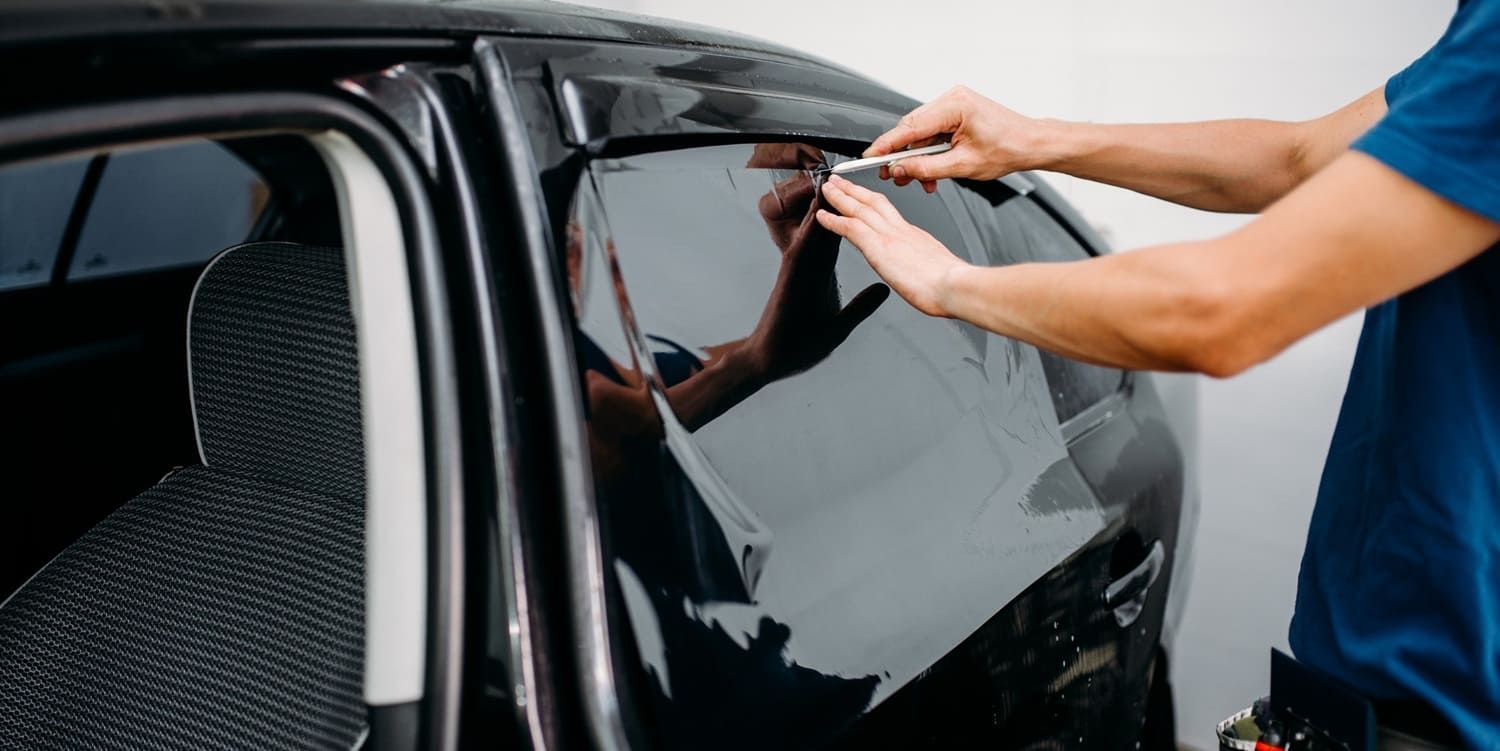
The Cost-Benefit Analysis of Car Window Tinting
Car window tinting is an investment, and like any investment, it's important to consider the costs and benefits.
The initial cost of window tinting can vary widely, depending on the type of film used and whether you opt for professional installation.
However, the benefits of window tinting can offset these initial costs over time.
For instance, the UV protection provided by window tints can help prevent damage to your car's interior, saving you money on repairs or replacements.
Additionally, window tints can improve your car's energy efficiency by reducing the need for air conditioning, leading to savings on fuel costs.
Initial Costs vs. Long-Term Savings
The initial cost of car window tinting can range from $100 to $400 for a standard four-door sedan.
This cost can increase if you choose higher-end tint materials or if your car has unusually shaped or sized windows.
However, the long-term savings can be significant.
By reducing the need for air conditioning, window tints can help you save on fuel costs, and by protecting your car's interior from sun damage, they can save you money on repairs or replacements.
Resale Value and Aesthetic Appeal
Window tinting can also increase the resale value of your car.
Tinted windows are often seen as a premium feature, and they can make your car more attractive to potential buyers.
Moreover, window tints can enhance the aesthetic appeal of your car, giving it a sleek and stylish look.
Choosing the Right Car Window Tinting Service
Choosing the right car window tinting service is crucial to ensure quality and longevity.
It's important to research and compare different providers in your area.
Look for services that offer a range of window film options and provide professional installation.
Also, consider their reputation, customer reviews, and whether they offer a warranty.
Professional Installation vs. DIY
While DIY kits are available, professional installation is generally recommended.
Professionals have the skills and tools to ensure a smooth, bubble-free application.
They can also advise on the best type of tint for your needs and ensure it complies with local laws.
DIY installation, while cheaper, can lead to mistakes that affect the tint's performance and lifespan.
Finding the Best Car Window Tinting Near Me
To find the best car window tinting service near you, start by searching online.
Look at customer reviews and ratings to gauge the quality of their work.
Also, consider asking for recommendations from friends or family who have had their car windows tinted.
Maintenance and Longevity of Window Tints
Proper maintenance can extend the lifespan of your window tints.
Avoid using harsh chemicals or abrasive tools when cleaning tinted windows. Instead, use a soft cloth and a mild cleaning solution.
Remember, the longevity of window tints can also depend on the quality of the film and the professionalism of the installation.
Conclusion: Is Car Window Tinting a Good Investment?
In conclusion, car window tinting offers numerous benefits. From UV protection and privacy to energy efficiency and aesthetic appeal, the advantages are clear.
However, it's crucial to consider the quality of the film, professional installation, and maintenance to ensure a good return on investment.
Ultimately, whether car window tinting is a good investment depends on your specific needs and circumstances.
Contact us at David Wood Window Tinting today for a free estimate.
